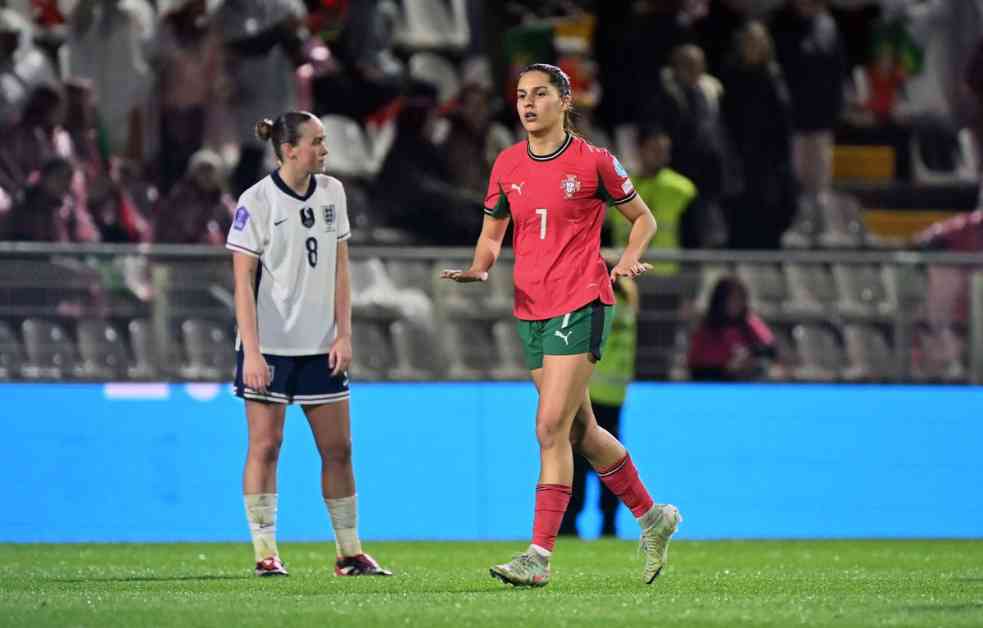England Women’s Haunted by Familiar Frailties: Wiegman’s In-game Strategy
Grace Clinton, a 21-year-old midfielder for Manchester United, found herself in a race she couldn’t win during a recent match against Portugal. As Portugal’s forward Kika Nazareth surged forward, Clinton could only watch as the ball flew into the net, securing a draw for Portugal against England. Despite this setback, Clinton’s overall performance was a standout moment, showcasing her attacking prowess and composure in a challenging match.
The Match Overview
In a rainy and rowdy Estadio Municipal de Portimao, England faced off against Portugal in the opening Nations League match. The game started strong for England, with Lauren James setting up Alessia Russo for a beautiful opening goal. However, as the match progressed, familiar issues began to surface for England, with missed opportunities and defensive lapses allowing Portugal to claw their way back into the game.
Former Arsenal striker Ian Wright commented on Clinton’s performance after the match, highlighting her growth and potential despite the challenges she faced. As the game unfolded, it became clear that England still had lessons to learn and improvements to make in their overall strategy.
The Unraveling of England’s Game Plan
As Portugal made strategic changes and capitalized on England’s vulnerabilities, the game shifted in their favor. The hosts’ quick pace and tactical adjustments left England struggling to keep up, leading to moments of disorganization and missed opportunities. Manager Sarina Wiegman noted the need for better ball retention and adaptability in the face of Portugal’s aggressive play.
Despite Clinton’s valiant efforts and individual highlights, England’s lack of overall cohesion and adaptability proved to be their downfall. The late substitutions made by Wiegman raised questions about her approach to in-game management and the team’s ability to respond effectively to changing circumstances.
Looking Ahead
With an upcoming match against Spain, England faces a crucial test of their ability to learn from past mistakes and adapt to stronger opponents. The first-half performance against Portugal showed glimpses of England’s potential, but consistency and resilience will be key moving forward. As the team navigates a competitive group and looks to secure qualification for future tournaments, they must address their weaknesses and build on their strengths to achieve success on the international stage.
Conclusion
In the world of women’s football, every match is an opportunity to learn, grow, and evolve as a team. England’s recent encounter with Portugal served as a valuable lesson in resilience, adaptability, and the importance of strategic decision-making on the field. As they prepare to face Spain and other formidable opponents, the Lionesses must draw on their experiences, both positive and negative, to forge a path to victory and establish themselves as a dominant force in the sport.












